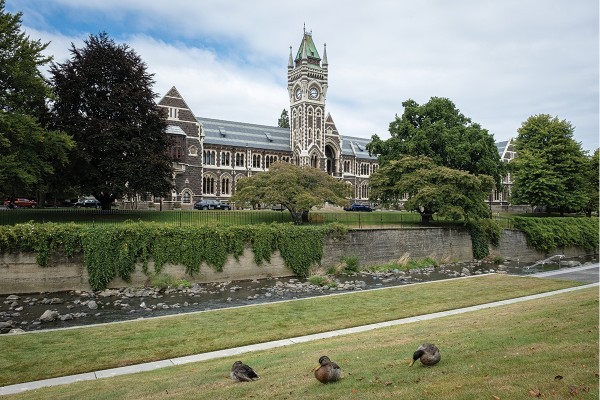The ‘Let’s Get Accessible’ project mapping disabled students’ experiences has found that a whopping 60% had experienced exclusion or discrimination in the tertiary environment. The project was released in February before being updated this month to include new data from a survey last year.
‘Let’s Get Accessible’ was run as a collaborative project between the National Students’ Disabled Association (NDSA), NZQA, the Tertiary Education Commission (TEC), and the Ministry of Education. The report highlights that ableism (discrimination against the disabled) lies hidden subtly in tertiary institutions around the country.
The report, which looked at experiences in all sites of tertiary education, revealed that 32% of disabled students found it difficult or impossible to ask tertiary staff for help, while another 20% of those surveyed said their learning environment was difficult to access. Crucially, 23% of respondents said they felt that support was not sufficient to meet their needs, raising serious concerns for support staff around the country.
Critic Te Ārohi spoke to OUSA Welfare and Equity Rep Tara Shepherd on issues disabled tauira are currently facing. Tara was involved in the project as a representative of the National Students’ Disabled Association. Tara told Critic that, in her experience, ableism is “very common, but it really depends on the department […] there are departments in which [...] people in the community may be turned away from or may not want to engage with certain lecturers due to past experiences.”
Discrimination is usually based on “a lot of passive aggressiveness,” said Tara. Recounting her own experiences, she said she was told to prioritise a paper over a medical condition “and that was very difficult.” Though Tara commended the University’s external disability support staff, she commented on the institution’s inability to control everything, stating that “invisible disabilities” frequently flew under the radar. She reported that conditions such as chronic fatigue and other chronic illnesses with “fluctuant processes” were not always considered by staff when looking at student circumstances.
In terms of where responsibility lies for enforcing change, Tara emphasised knowledge of the ‘Code of Pastoral Care’, a document outlining basic rights which 78% of students reported not having any knowledge of. “It’s more important than ever for students to understand the pastoral care code,” said Tara. Additionally, Tara said that “OUSA Support is there to help people through these grievance policies.”
Though Tara was psyched about the report she did admit that “with the report itself there are gaps […] you're looking at people who have had the time to fill out surveys and go to focus groups.” With the report “setting a precedent,” according to Tara, there have been a few action plans constructed to deal with certain issues but these have yet to be adopted universally.



